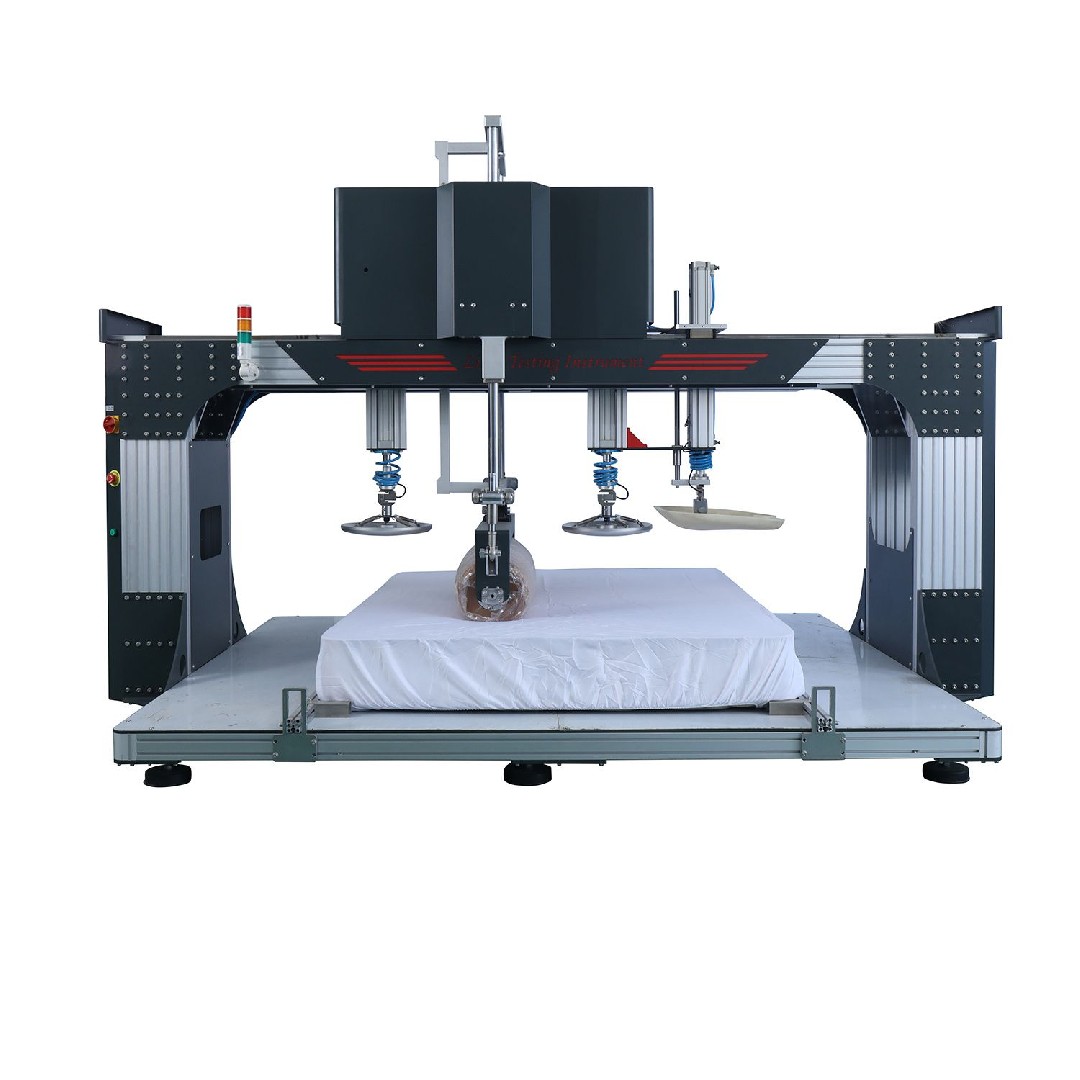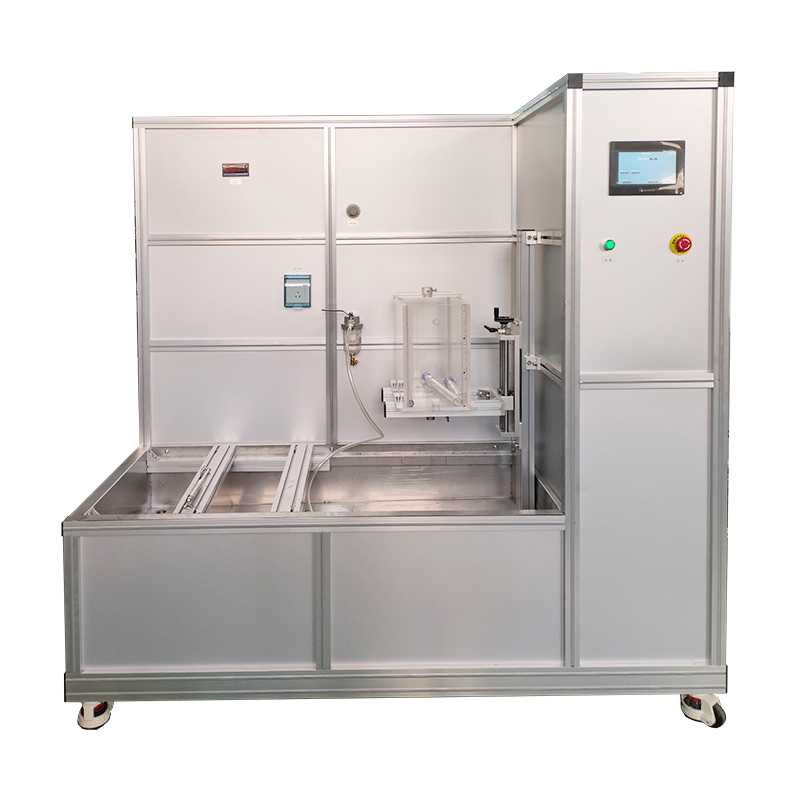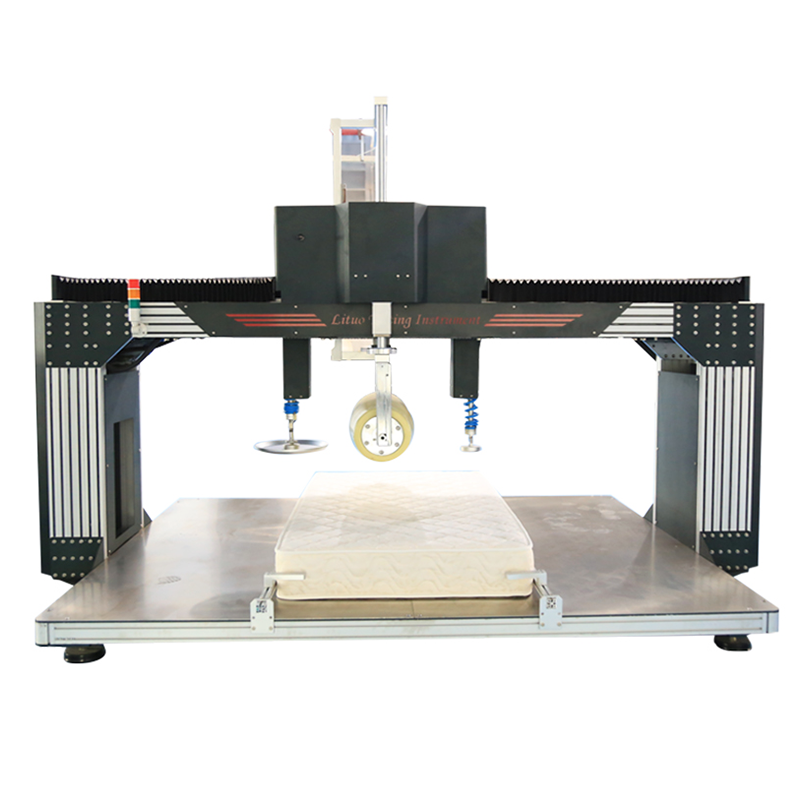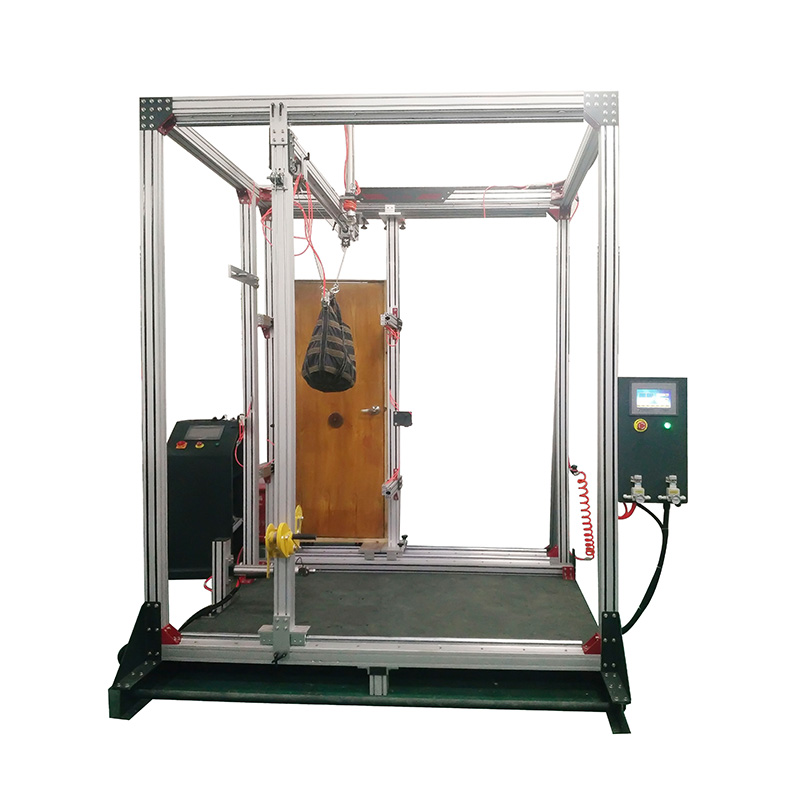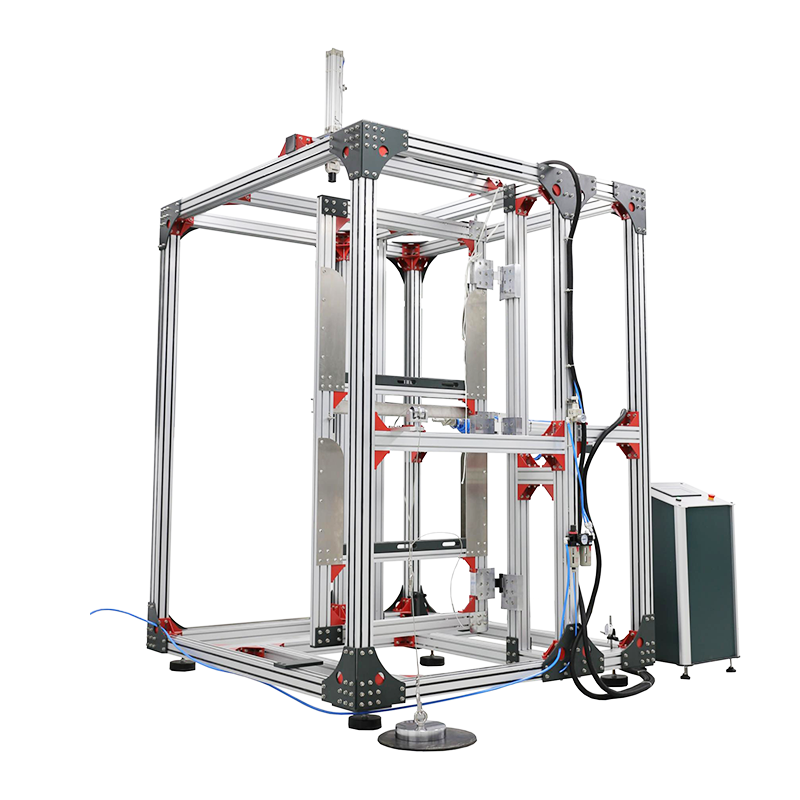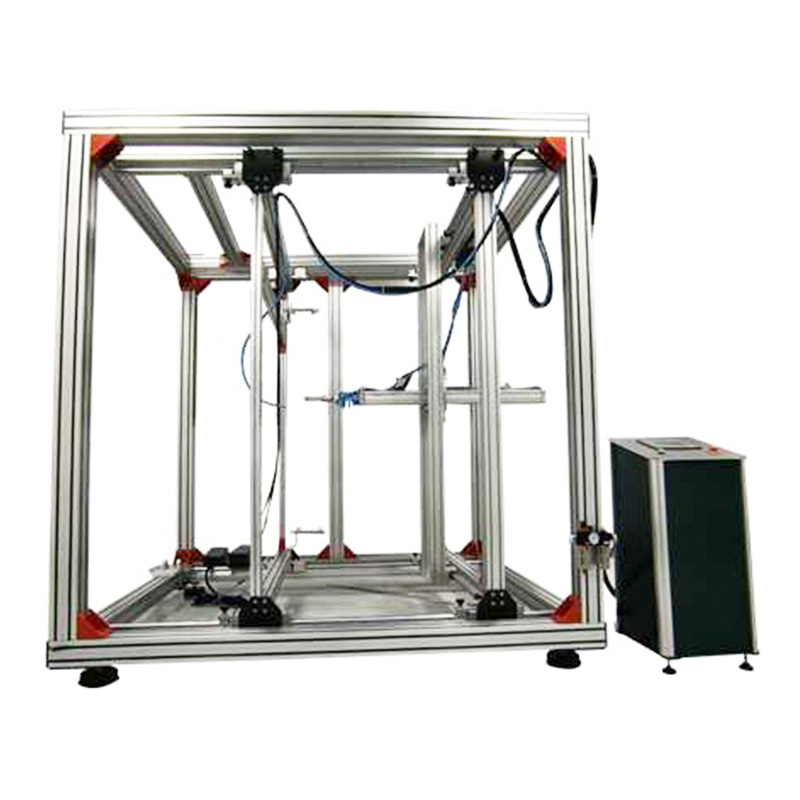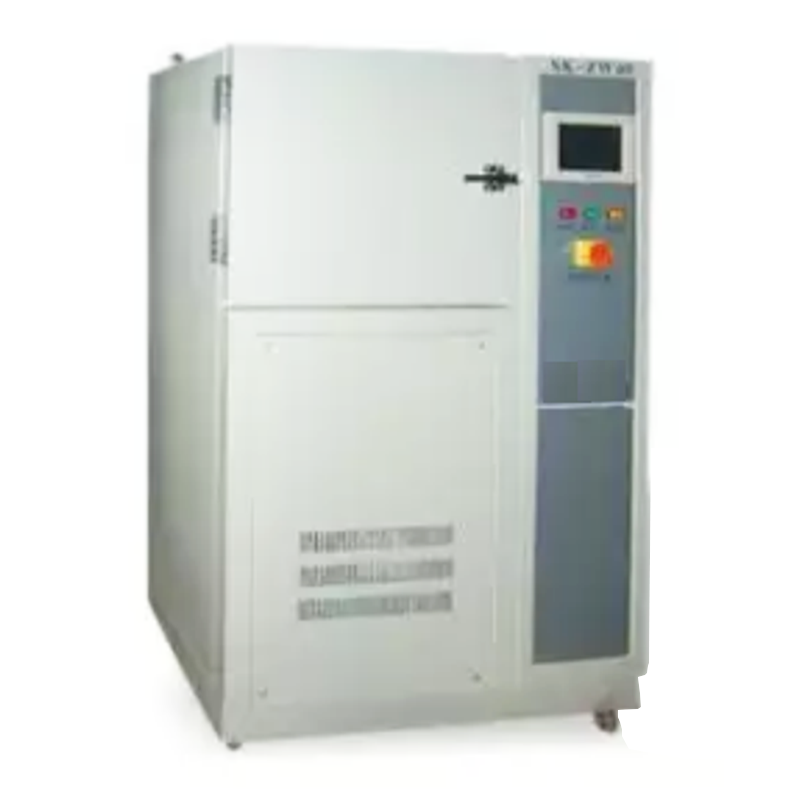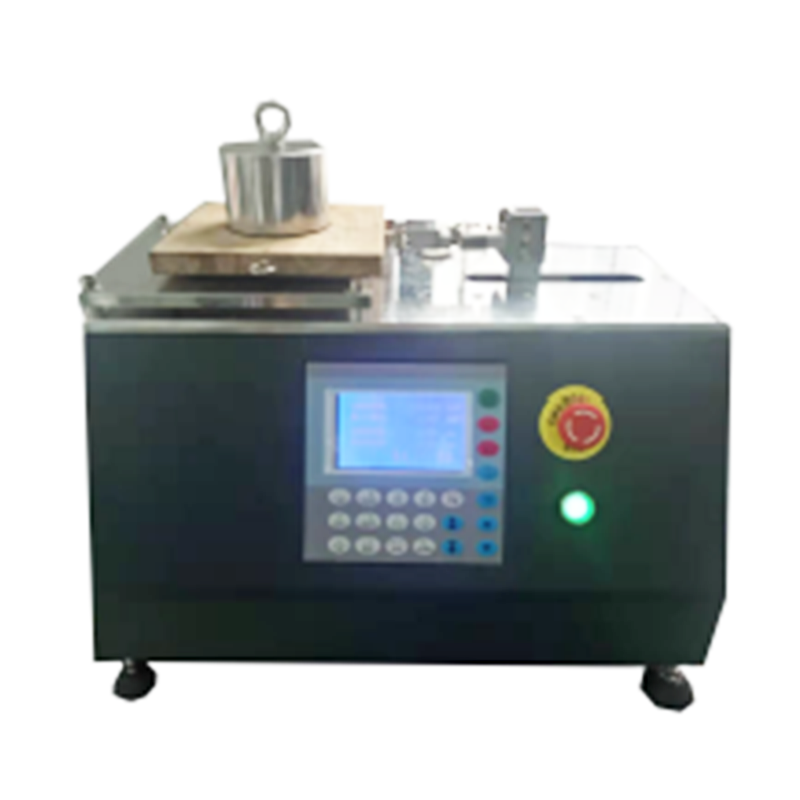First, the advantages of liquid cooling
1, the liquid mass heat-carrying capacity is stronger, can realize the directional flow of heat
2, through the active flow of the heat-carrying medium to transfer heat, the heat end and the heat end of the lower temperature difference
3、Separation of heat sink and heat generating end, the temperature unevenness in different positions in the system is relatively weaker.
4、Easy to realize the high protection of the product
5、Flexible design, decentralized heat dissipation
6, high temperature environment adaptability
7, the volume specific heat capacity of the mass is large, can buffer thermal shock, reduce the rate of temperature change of heating elements
Second, the shortcomings of liquid cooling heat dissipation
1, high cooling costs (relative to air-cooled)
2, the reliability of the cooling system is relatively low, the introduction of corrosion, liquid leakage, clogging and other risks
3, subject to environmental conditions, such as ultra-low temperature environment
4, higher system complexity
From the working principle, a complete energy storage cooling system water-cooled liquid-cooled design system must actually include air-cooled design part. Therefore, for liquid cooling design engineers, in addition to liquid cooling system-specific issues, but also need to understand the radiator processing, fan selection and other air cooling design knowledge.
Last Article:Energy Storage System Cooling Device Introduction to Common Cooling Methods
Next Article:What types of battery cooling are used?

